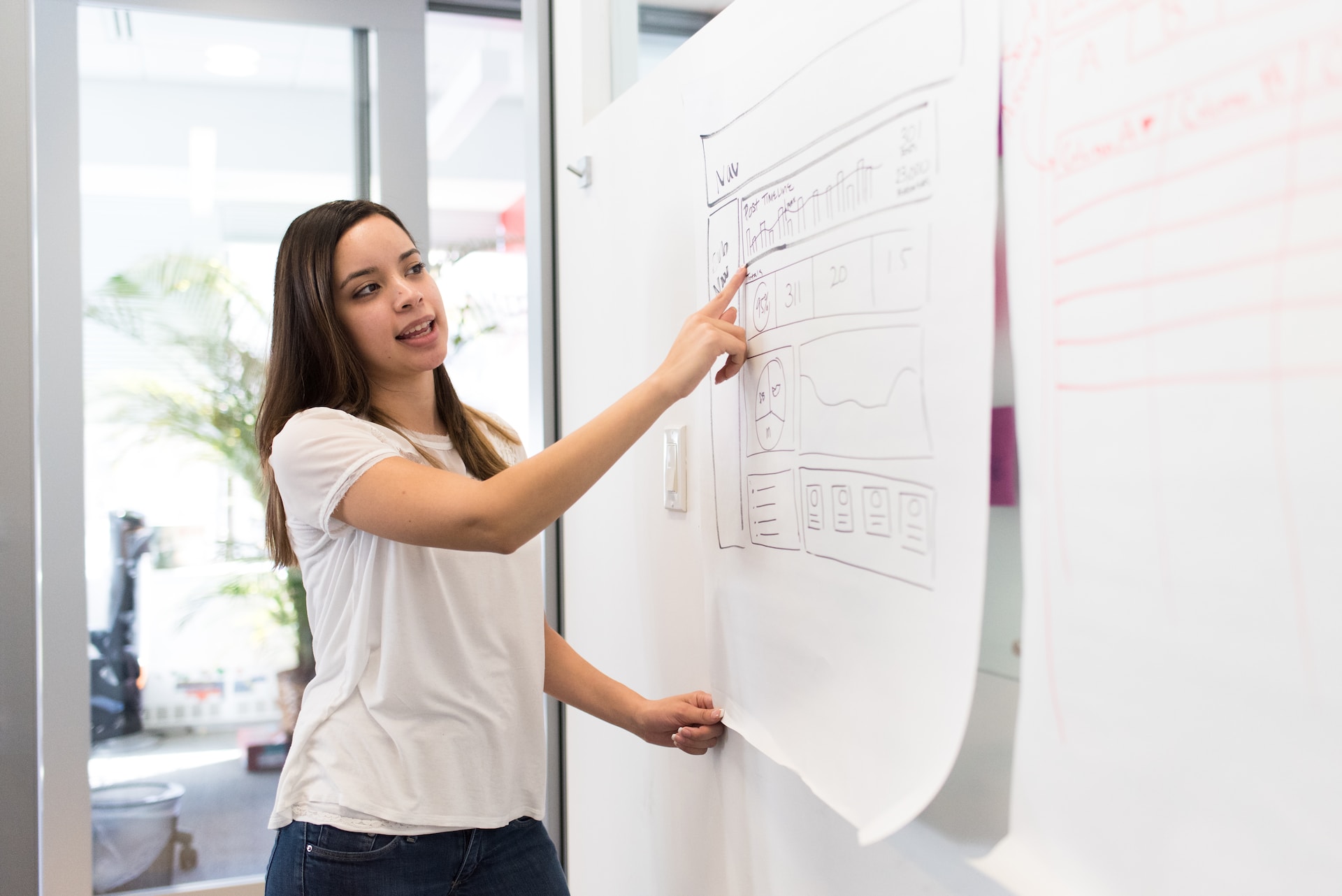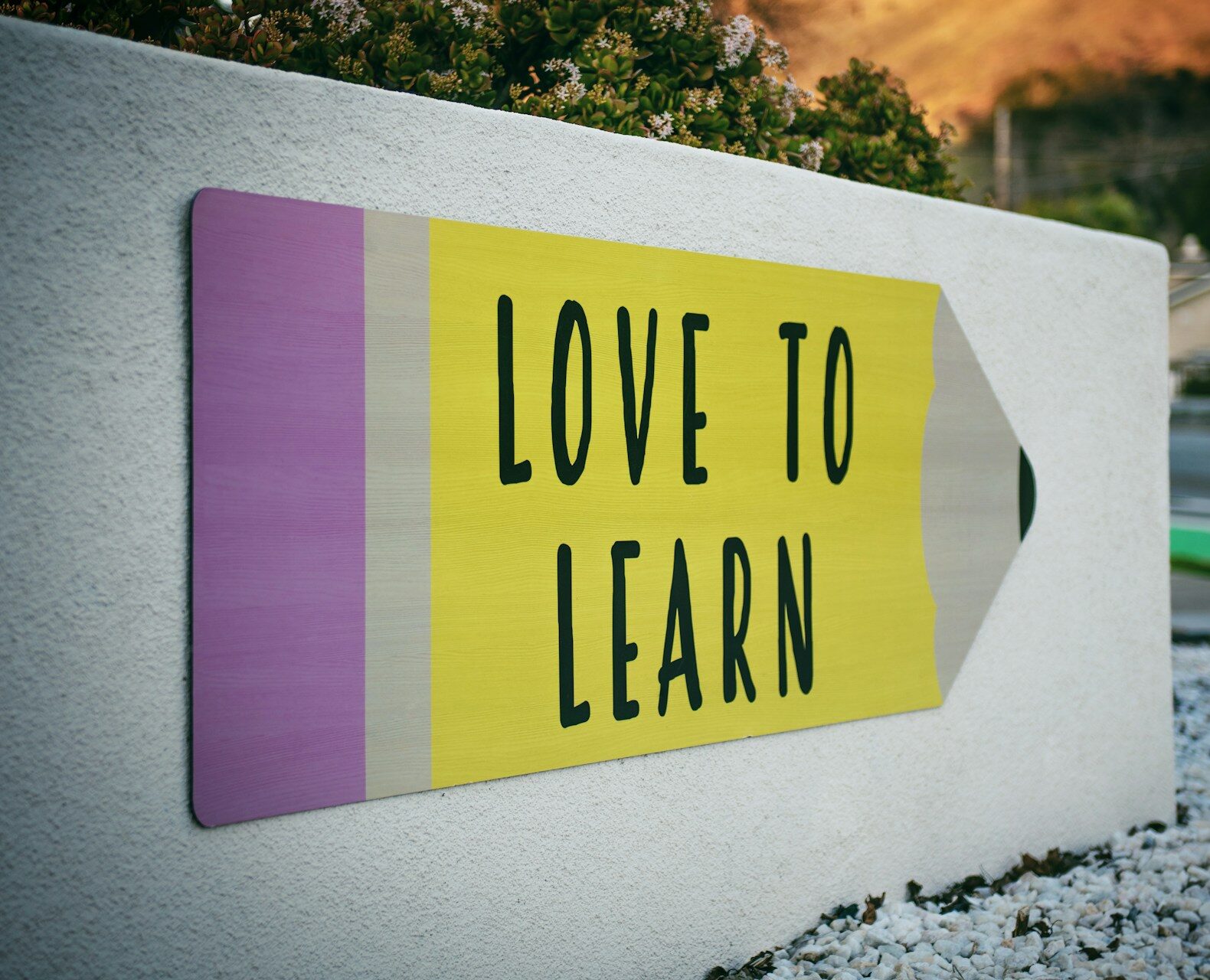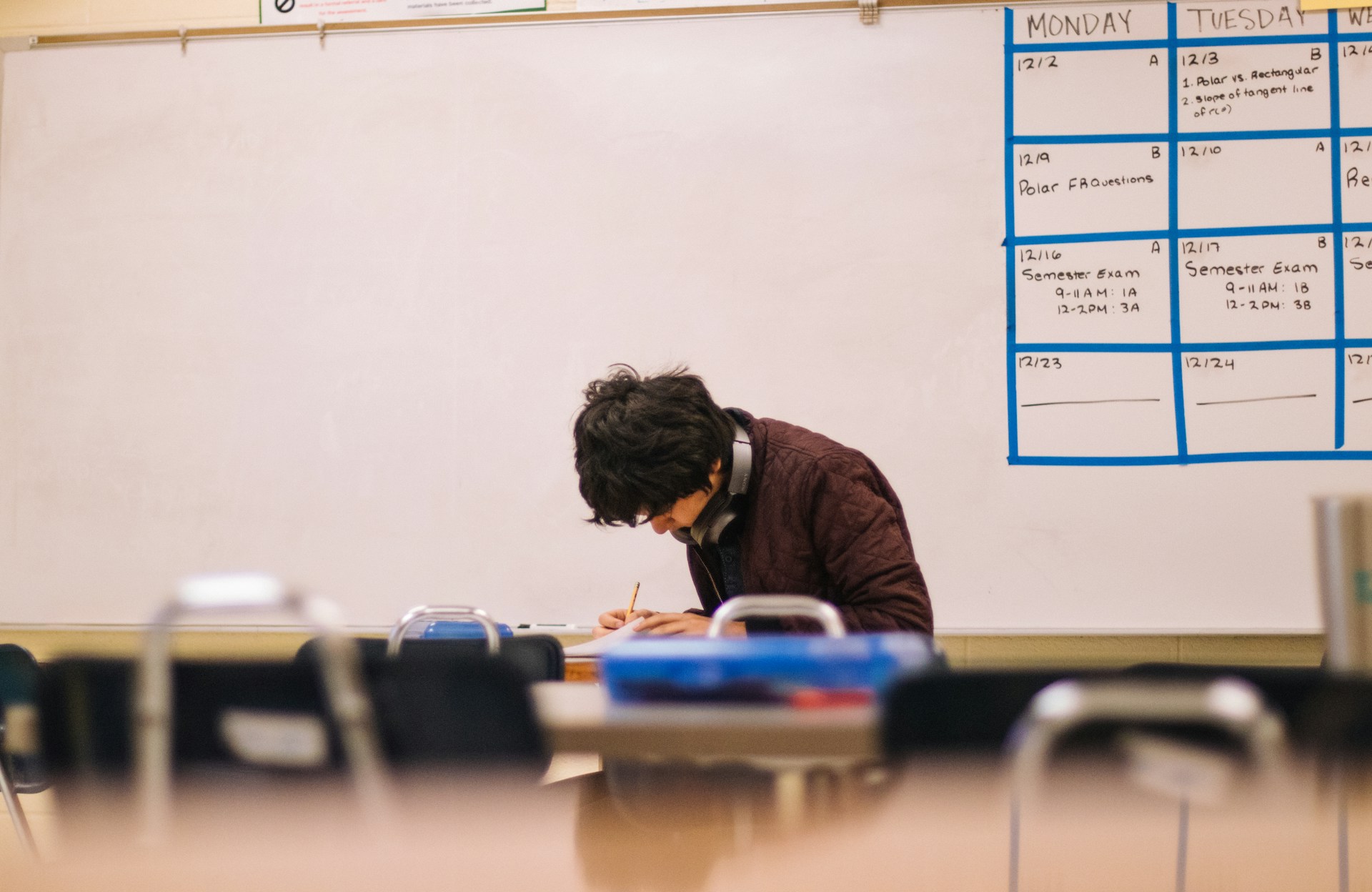As an Early Career Teacher (ECT), diving into lesson planning might feel like navigating uncharted waters. Even for experienced teachers, lesson planning can be a stressful area.
As an education recruitment agency, we know how vital new teachers are for the future of education, so we have gathered advice and resources to help you plan your lessons effectively and efficiently for those feeling overwhelmed.










